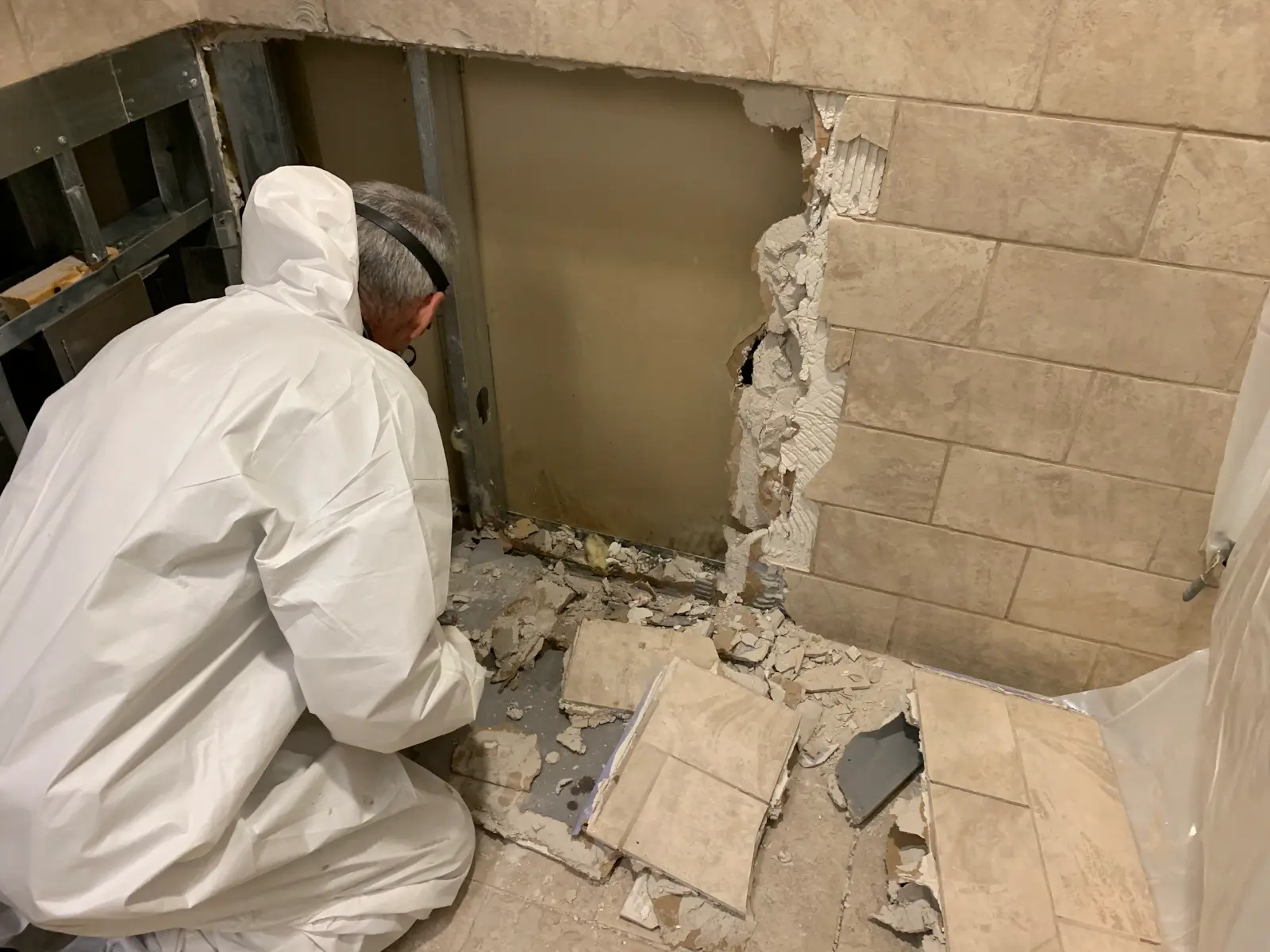Attics & Crawlspaces
When’s the last time you were in your Attic or Crawlspace?
Attics and crawlspaces are one of the most common areas of the home where mold can easily grow until the food or water source is gone. Should you have a mold issue in your attic or crawlspace, don’t panic, you are not alone, and we can help! Mold thrives in unconditioned or damp areas and because most homeowners do not frequently visit their attic/crawlspace, mold can grow undetected for many months even years.
For many of our customers, they only learn of their mold issue in their attic or crawlspace right before they sell their home. A good home inspector will check every corner of the house for the buying party and will often call out mold issues in the attic shortly before a property is about to close.
Attics and crawlspaces are one of the most common areas of the home where mold can easily grow until the food or water source is gone. Should you have a mold issue in your attic or crawlspace, don’t panic, you are not alone, and we can help! Mold thrives in unconditioned or damp areas and because most homeowners do not frequently visit their attic/crawlspace, mold can grow undetected for many months even years.
Our mold inspectors

When is Mold a Problem?
There are many different scientific opinions regarding this question. The bottom line is that mold affects people differently. Individuals with allergies, asthma, or other respiratory conditions are typically more sensitive to mold and may have problems with even low levels. Others may not be affected at all.
When is it a problem? When you have mold and don’t do anything about it.
Call us, Breathe easy!


